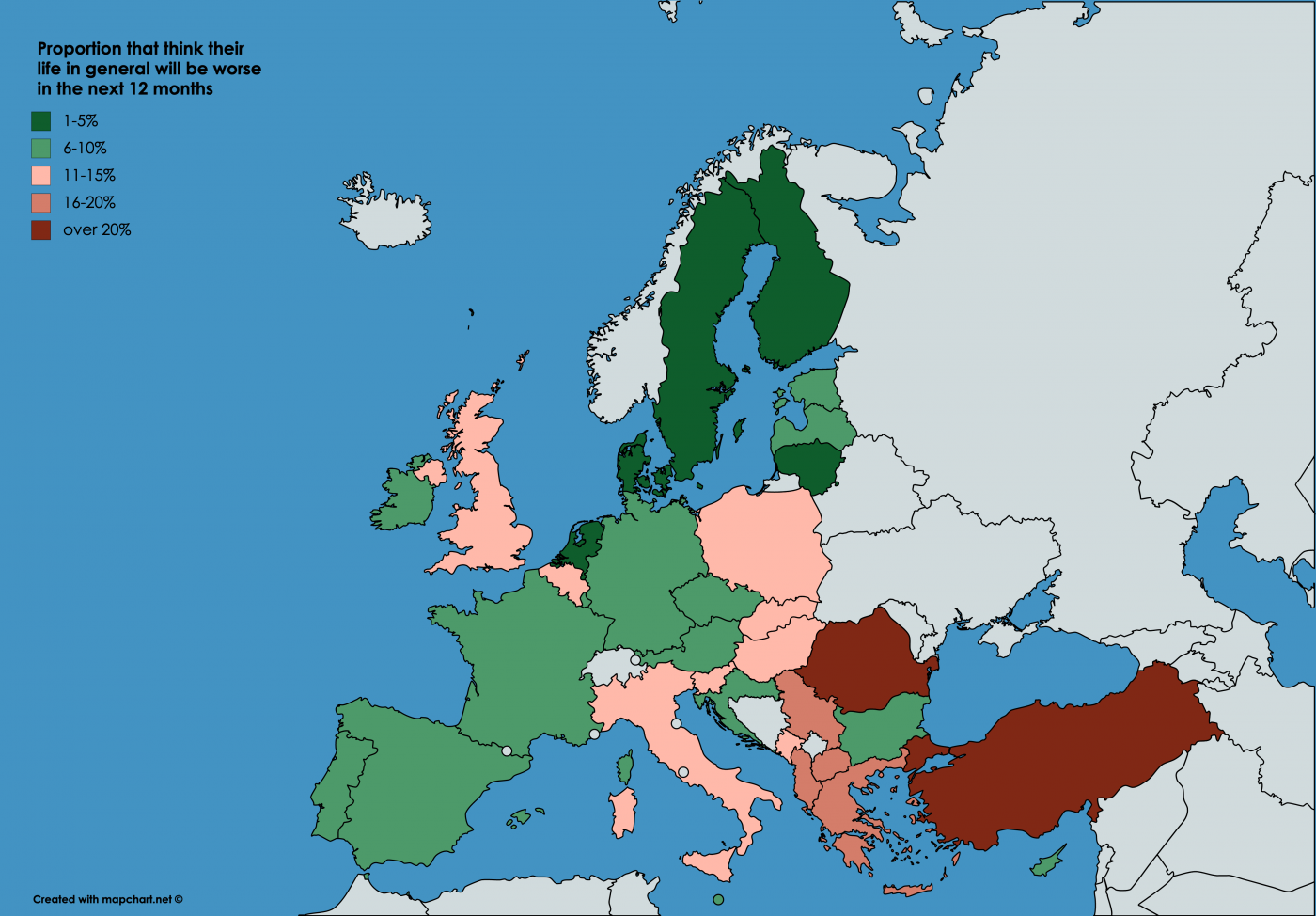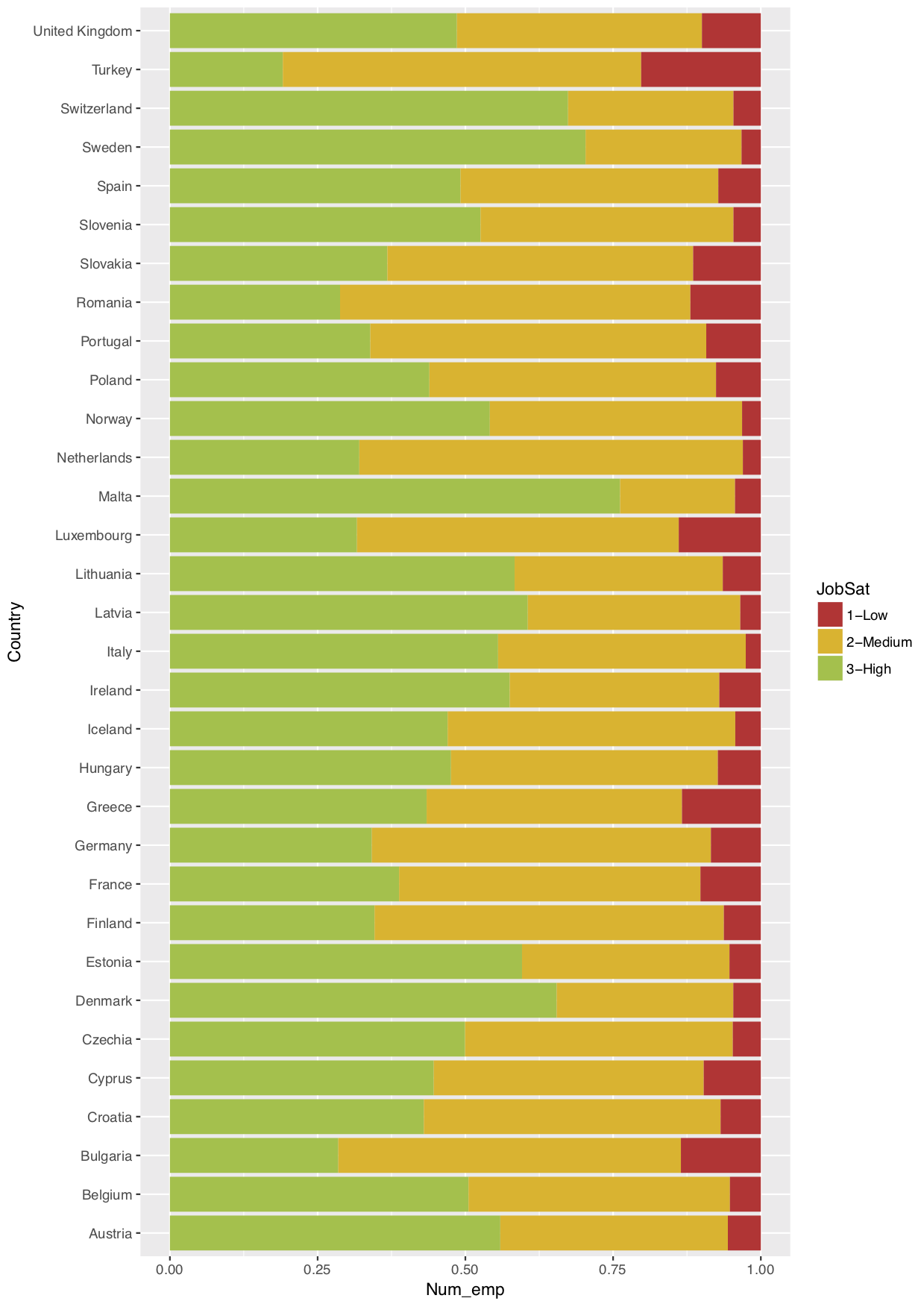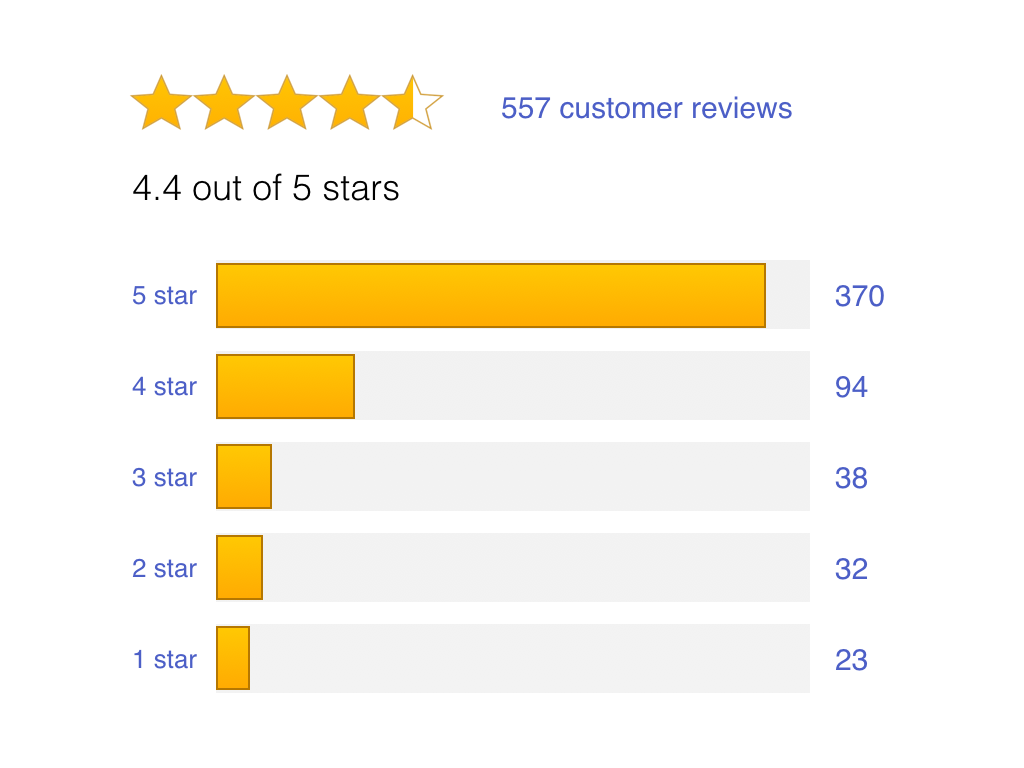There’s a lot going on within the EU at the moment. Part of the anxiety is as a result of the EU referendum in the UK in 2016, but plenty of member countries have their own economic and social issues to worry about as well. I thought it would be interesting to map the ‘optimism’ in order to see how citizens in Europe feel about what may happen in the near future. The map above uses the latest 2019 data […]
Let me take you back to introductory economic theory for a minute. In a competitive equilibrium framework, it is assumed that consumers have some fixed preference ordering over goods. Firms produce the goods that people want in order to maximise profits, consumers desire goods that increase their utility, a price is determined for those goods so that markets clear, and everybody is happy. In theory. Embedded within this, at least to some extent, is that individuals have somewhat stable and […]
In amongst the current hoo-hah in UK parliament regarding the EU exit, the government has been more than eager to restate the unemployment statistics to an opposition that has built its claim on helping improve conditions for workers. This is because unemployment has been on a fairly consistent downward trend since around 2012. Reducing unemployment has long been a target of governments, and it seems for good reason, as modern economic research has cemented the negative effects of unemployment on […]
Internet retail has been a big deal for quite a number of years now, and is ever-growing as a proportion of retail sales. Many traditional brick-and-mortar stores that were too slow to make the transition have died over the years. But there are a lot of stores that did adapt, and now do both internet sales and traditional in-store sales. Granted, the balance between these two sales channels can be tricky to get right. However, I think some stores at […]
I’ve written about Steam quite a bit before, because it is such an interesting testing ground for both economics and psychology (other than the fact I enjoy playing games on the PC). The digital marketplace in general breaks a lot of the traditional rules and restrictions that markets were assumed to have. Today, I want to focus on one small aspect – refunds. The changing nature of game selection A lot has changed in the games industry, given its mass […]
Talking about public good provision is a staple in pretty much any economics course. Contrary to what intuition might suggest, a public good is not necessarily one provided by the government. Rather, it is defined in terms of two key characteristics: rivalry and excludability. A rival good is something that diminishes once it is consumed. If there are two burgers and I eat one, there will be one left for you. If there was only one burger and I ate […]
Elections and voting have been on people’s minds this year. Most of us are familiar with the ‘first-past-the-post’ system that is employed in many countries for general elections – the person with the most votes wins in a given constituency, no matter how large or small the margin. Of course, there is no one best voting mechanism. Each has its own advantages and disadvantages. The question is often ‘which bad scenarios are we willing to tolerate in a society?’ Let’s […]
The five-star review system you find on most websites today is inherently flawed if you want information about how good something actually is. Famously, on websites like Amazon, there is a ‘J-shaped’ distribution of review scores. That is, there is a small mass of 1-star reviews; relatively few 2-star, 3-star, and 4-star reviews; and a huge mass of 5-star reviews. This, on it’s own, means that most reviews are somewhat useless. But, when you remember that some of these reviews […]
A little while back, I wrote about some of the theory behind present biased behaviour. People who are present biased (i.e. place a disproportionately high value to things that happen right now, relative to things that happen in the future) can be aware of the fact that they are (‘sophisticated’), or not (‘naive’). One interesting and important implication of the theory is that sophisticated people will respond to commitment devices that are costly. For example, Gine and others published a […]
In 1999, Ted O’Donoghue and Matthew Rabin published a paper in the American Economic Review that, 8 years later, would serve as the catalyst for my interest in Behavioural Economics. For the longest time, economists had recognised that people place a lower weight on things that happen later in the future than things that happen sooner. The problem was that the way in which this was represented mathematically, although simple and convenient, suggested that people would behave consistently about the […]
Price Discrimination is a well-known concept in microeconomics. The basic idea is quite simple. In a competitive market, firms have to accept an equilibrium price. This is because competition, in theory, should drive prices down to somewhere close to marginal cost (the cost of producing one extra good). However, quite often in real life, a firm has some market power that enables them to set prices independently of other firms. This is possible for a number of reasons e.g. monopoly/oligopoly, […]
Bands like Genesis, Muse, Metallica, and Dave Matthews Band have something important in common. They started out with music that was somewhat ‘against the grain’, attracting a specialist audience of listeners. Once they became more established, however, their music shifted towards more mass-market appeal, attracting the wider majority. I’m sure you can think of examples of bands which you liked, but felt subsequently ‘sold out’ in their later years. Conversely, you may also be able to think of bands that […]











